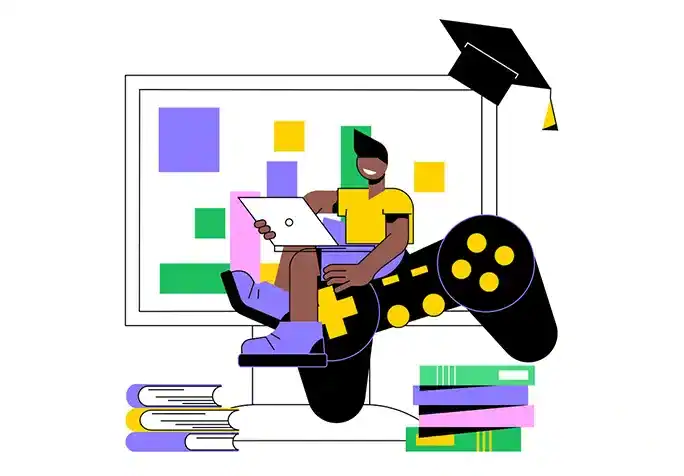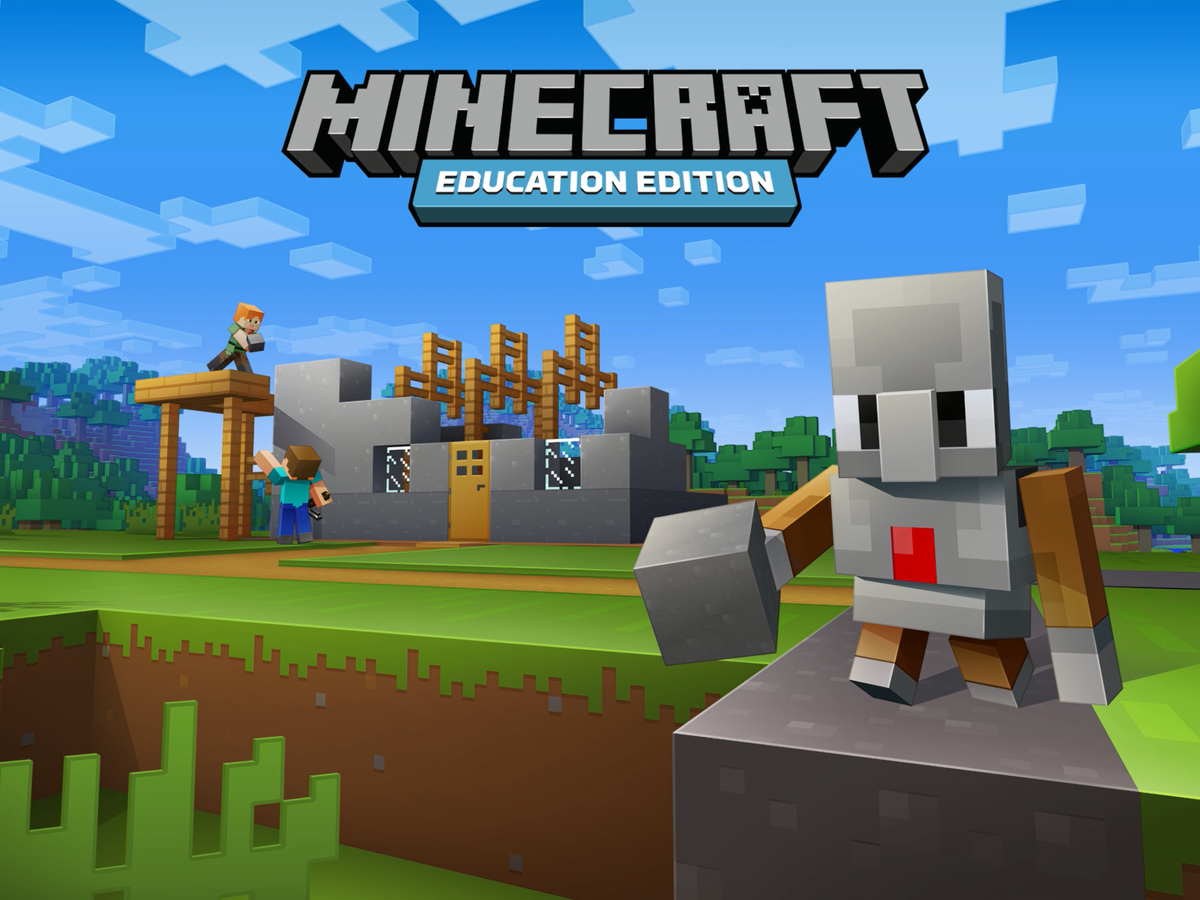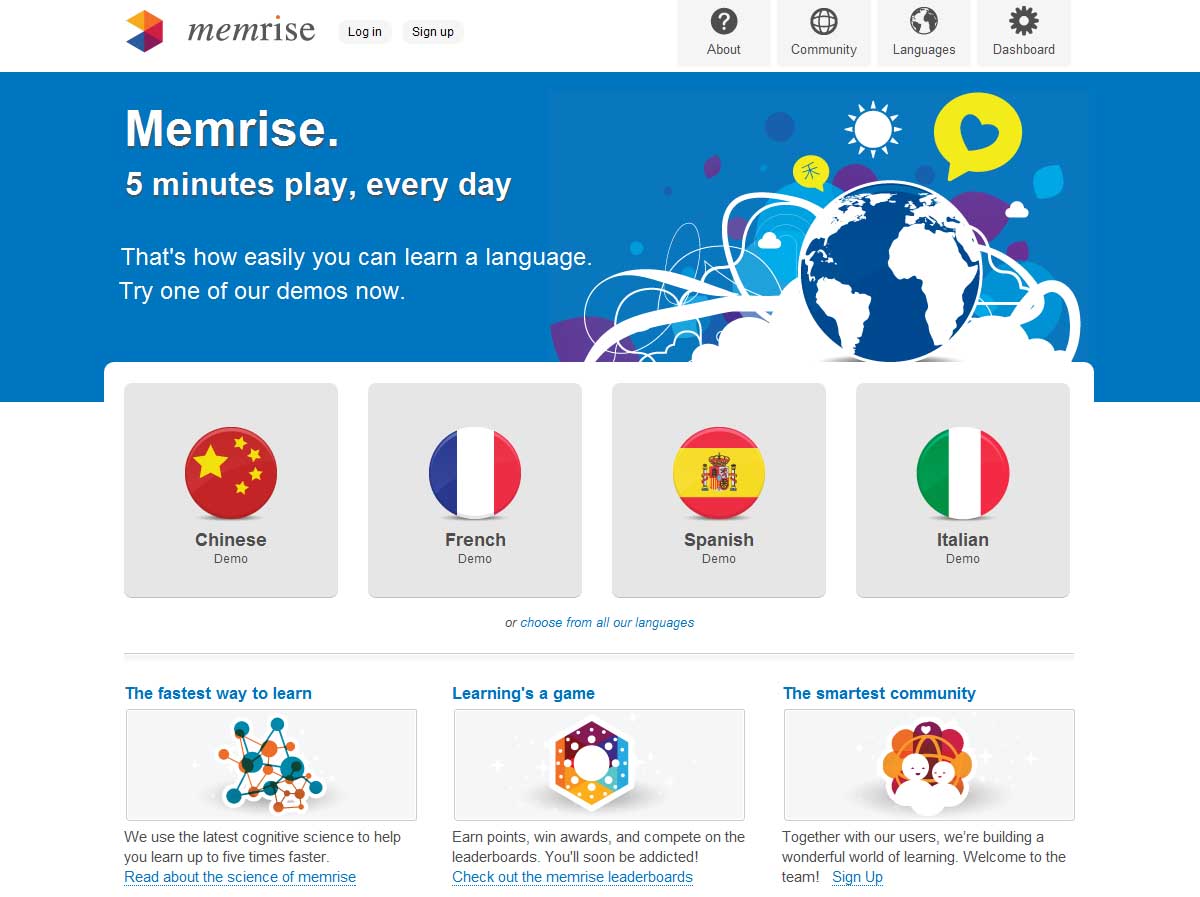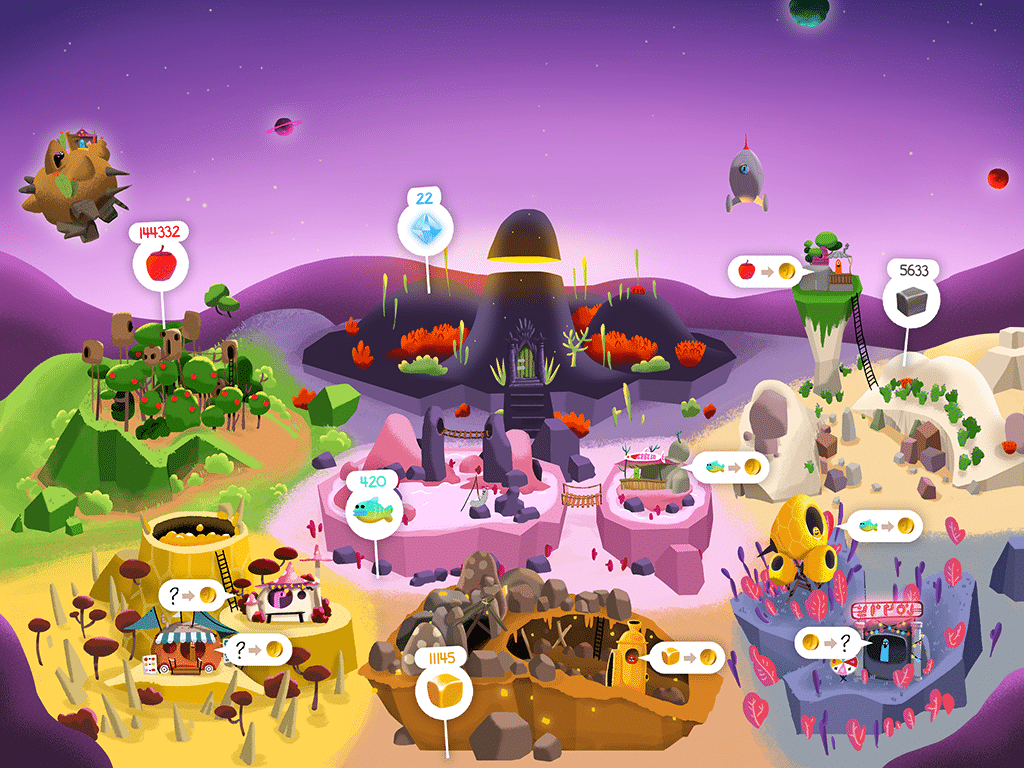Mobile Gaming for Education: Gamification and Learning on the Go
The fusion of gaming and education, known as gamification, is revolutionizing the way we learn. Mobile gaming, in particular, offers an innovative and engaging approach to education, making learning accessible anytime, anywhere.
This article explores the landscape of educational mobile games, highlighting how they help users acquire new skills, learn languages, and master various subjects while having fun.
The Power of Gamification in Education
 Gamification harnesses the motivational aspects of games to enhance learning experiences. By incorporating game mechanics into educational content, mobile games can make learning more engaging and effective.
Gamification harnesses the motivational aspects of games to enhance learning experiences. By incorporating game mechanics into educational content, mobile games can make learning more engaging and effective.
Motivation and Engagement
One of the primary benefits of gamification is increased motivation and engagement. Educational mobile games use rewards, challenges, and interactive elements to keep users interested and committed to learning.
This heightened engagement often leads to improved retention and comprehension of the material.
Personalized Learning
Mobile games can adapt to individual learning styles and paces, providing a personalized education experience. This adaptability ensures that learners remain challenged without becoming overwhelmed, fostering a more effective and enjoyable learning process.
Immediate Feedback
Educational games provide instant feedback, allowing learners to quickly understand their mistakes and correct them. This immediate response helps reinforce learning and build confidence in the subject matter.
Learning New Skills through Mobile Gaming
Mobile games are an excellent platform for learning a wide range of skills. From problem-solving to creativity, these games offer a dynamic way to acquire and refine new abilities.
Problem-Solving and Critical Thinking
Games that require strategic planning and decision-making help develop problem-solving and critical thinking skills.
Titles like "Monument Valley" and "The Room" series challenge players with complex puzzles and scenarios, enhancing their analytical abilities.
- Monument Valley
- The Room
Creativity and Innovation
Games that encourage creativity, such as "Minecraft," allow users to build and design their own virtual worlds.
This not only enhances creative thinking but also introduces players to basic concepts of architecture, engineering, and design.
- Minecraft

Time Management and Planning
Simulation games like "SimCity BuildIt" teach players about time management, resource allocation, and strategic planning. These games simulate real-life scenarios that require careful planning and foresight.
- SimCity BuildIt
Language Learning through Mobile Games
Learning a new language can be challenging, but mobile games make it more interactive and enjoyable. These games use gamification to help users build vocabulary, practice grammar, and improve pronunciation.
Vocabulary and Grammar
Apps like "Duolingo" and "Memrise" turn language learning into a game. They use levels, points, and rewards to motivate users, while interactive exercises help reinforce vocabulary and grammar skills.
Pronunciation and Conversation
Games like "Babbel" and "Rosetta Stone" focus on pronunciation and conversational skills. They use speech recognition technology to provide feedback on pronunciation and offer interactive dialogues to practice real-life conversations.
Cultural Immersion
Language learning apps often include cultural notes and real-world scenarios to help learners understand the context of the language. This immersive approach enhances the learning experience and prepares users for practical use of the language.
Mastering Subjects with Educational Mobile Games
Mobile games cover a wide range of academic subjects, from mathematics to history. These games provide a fun and effective way to reinforce classroom learning and explore new topics.
Mathematics
Math games like "Prodigy" and "DragonBox" make learning math concepts engaging and fun. These games use storylines, quests, and challenges to teach everything from basic arithmetic to advanced algebra.
Science
Games like "Khan Academy Kids" and "Toca Lab" introduce young learners to scientific concepts through interactive experiments and activities. These games encourage exploration and curiosity, making science accessible and exciting.
- Khan Academy Kids
- Toca Lab
History and Geography
Games like "Civilization VI" and "Geography Drive USA" offer engaging ways to learn about history and geography. They combine strategic gameplay with educational content, helping players understand historical events, geographical locations, and cultural contexts.
- Civilization VI
- Geography Drive USA
The Future of Mobile Gaming in Education
The potential of mobile gaming in education is immense, and the future looks promising as technology continues to advance. Here are some trends and innovations that are shaping the future of educational mobile games.
Augmented Reality (AR) and Virtual Reality (VR)
AR and VR technologies are being integrated into educational games to create immersive learning experiences. These technologies can bring abstract concepts to life, providing hands-on learning opportunities in a virtual environment.
Artificial Intelligence (AI)
AI is being used to create more personalized and adaptive learning experiences. Educational games powered by AI can analyze a learner's progress and adjust the difficulty and content accordingly, ensuring an optimized learning experience.
Gamification in Formal Education
Gamification is increasingly being incorporated into formal education systems. Schools and educational institutions are adopting game-based learning platforms to enhance student engagement and improve learning outcomes.
Collaborative Learning
Future educational games will likely emphasize collaborative learning, allowing students to work together on challenges and projects. This approach fosters teamwork and communication skills while enhancing the learning experience.
Conclusion
Mobile gaming for education represents a powerful tool for lifelong learning. By leveraging the principles of gamification, educational mobile games make learning interactive, engaging, and effective. Whether it's learning a new language, mastering a subject, or developing new skills, mobile games offer a versatile and accessible way to enrich education.
As technology continues to evolve, the potential for mobile gaming in education will only grow, offering innovative solutions to educational challenges and opportunities for learners of all ages. By embracing mobile gaming, we can transform the way we learn and make education a more enjoyable and rewarding experience.
References
- Monument Valley
- Duolingo
- Memrise
- Babbel
- Rosetta Stone
- Prodigy
- DragonBox
- Khan Academy Kids
- Toca Lab
- Civilization VI
























![[ℕ𝕖𝕧𝕖𝕣] 𝕊𝕖𝕝𝕝 𝕐𝕠𝕦𝕣 𝔹𝕚𝕥𝕔𝕠𝕚𝕟 - And Now What.... Pray To The God Of Hopium?](https://cdn.bulbapp.io/frontend/images/79e7827b-c644-4853-b048-a9601a8a8da7/1)






















